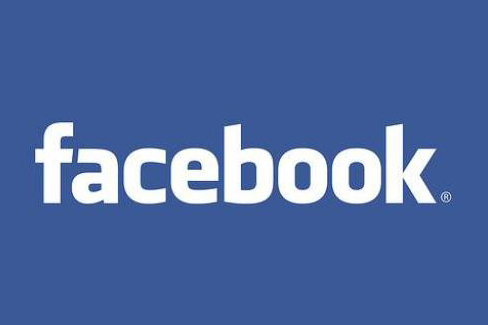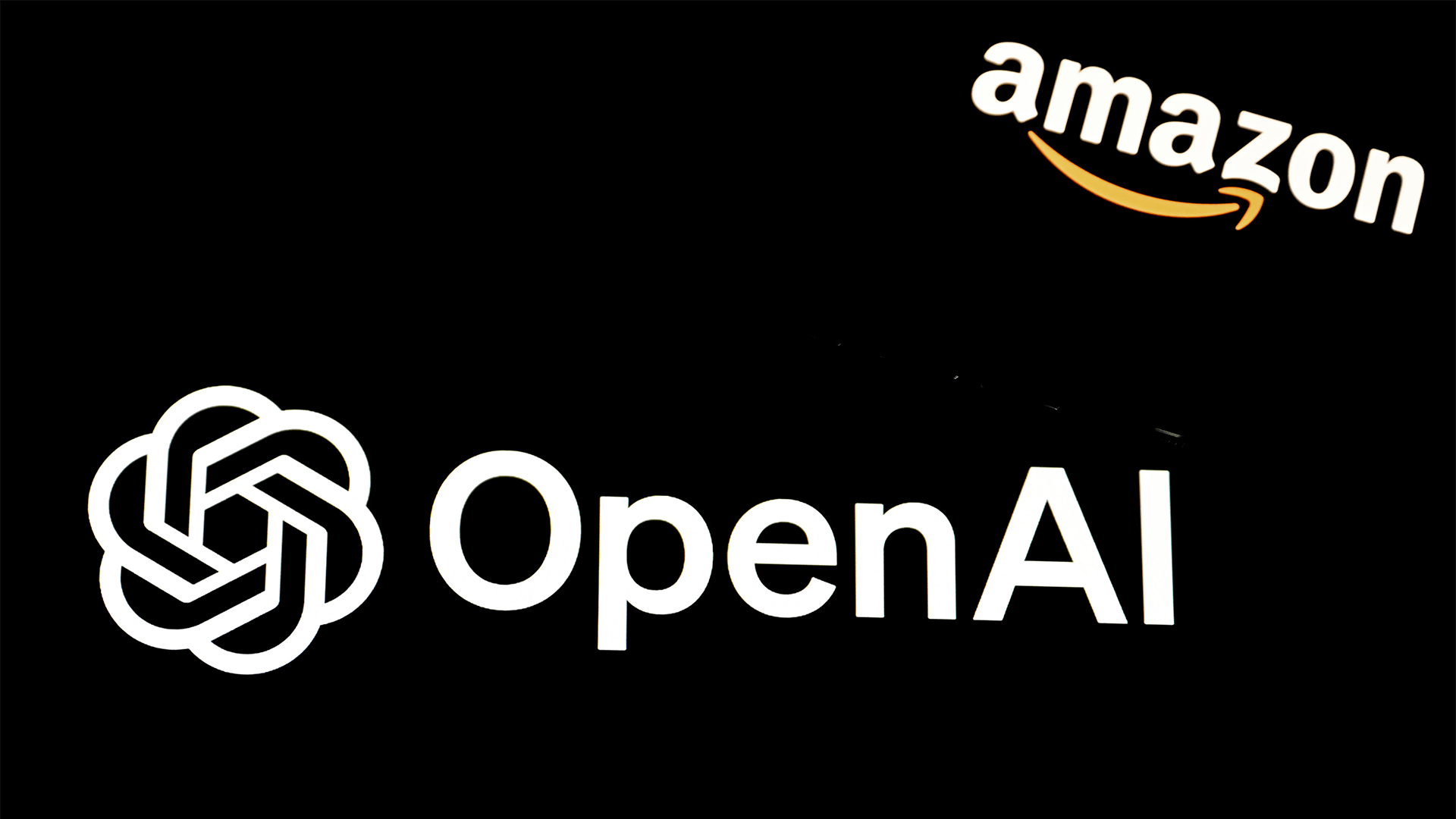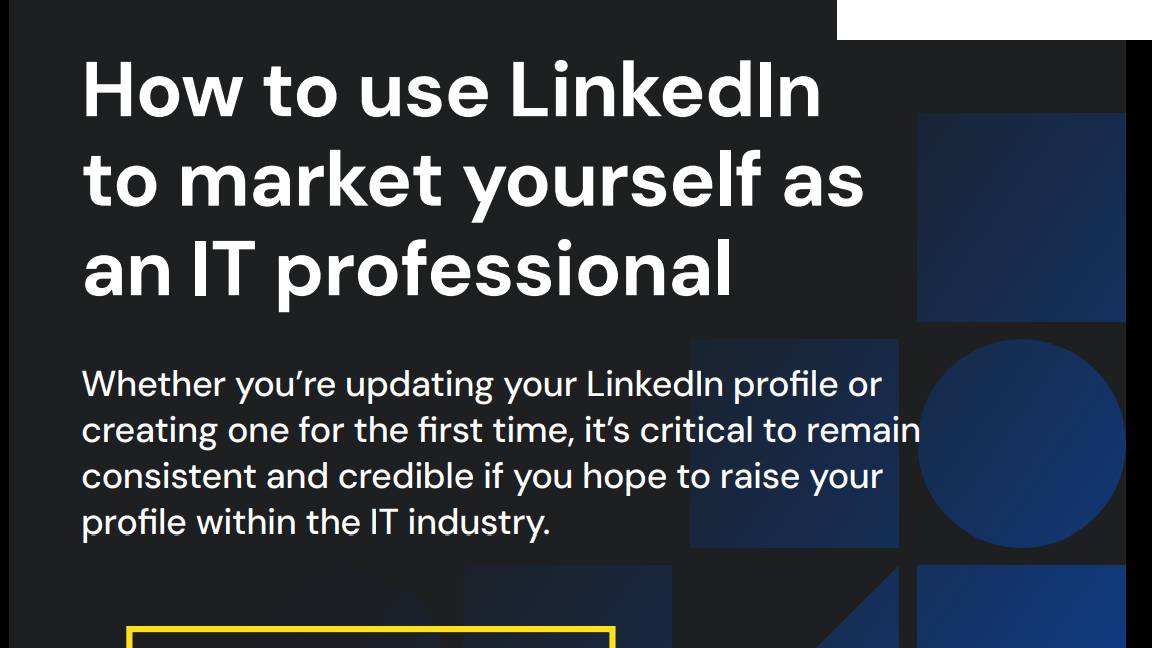Facebook won’t rule the internet until it’s business time
Facebook may have added a tonne of new features and revamped its look, but it remains a playground.


Sign up today and you will receive a free copy of our Future Focus 2025 report - the leading guidance on AI, cybersecurity and other IT challenges as per 700+ senior executives
You are now subscribed
Your newsletter sign-up was successful
COMMENT Let's be honest about this: Facebook is just one big online playground.
For the most part, you go on there to chat and to play. Of course, with Mark Zuckerburg's announcements this week you'll be able to do a bit more.
With the additions of Spotify and movie-playing facilities, it's just become an even more enjoyable playground to hang around in.
We're just waiting for Zuckerburg to take the stage during a future f8 and utter the words: 'It's business time.'
It is not a place to do business. Companies do not go on the site to interact with other firms. Not just yet anyway. Facebook knows it and seems content with the status quo in that respect.
Yet it seems Facebook is trying to suck up the most popular services on the internet and become the ruler of the whole darn thing. By integrating everything people use into one place, there's no reason to go anywhere other than Facebook for many people, at least.
Heading onto my Facebook account today, I was asked if I wanted to download the Guardian's new Facebook app. I did and then happily read an article within my account. At the same time, I could continue beating my boss' mum at Scrabble (it's for charity, so it's OK) whilst posting inane things on my wall. I'll be listening to tunes on the site soon, along with millions of others doing exactly the same.
Sign up today and you will receive a free copy of our Future Focus 2025 report - the leading guidance on AI, cybersecurity and other IT challenges as per 700+ senior executives
Facebook doesn't want people to leave. And it's already succeeding.
The work/life balance
Yet if it wants to become the feudal lord of the internet domain, Facebook will need to more openly welcome business activity too.
For starters, that's where it will be able to make more cash. Advertising to businesses, as IT Pro knows all too well, is a good way of earning some pennies.
But a big draw for Zuckerburg and Co to cater more to businesses will derive from a desire to beat its biggest rival: Google+.
Google has done something smart in its early stages it has set a boundary between its consumer social network and its business version, which companies were invited to trial over the summer. Through this demarcation, Larry Page's firm has made Google+ into an attractive proposition for both the average Joe and Mr Busy Body.
In doing so, Google will not scare away consumers who want to switch off when social networking. At the same time, it means workers will head to the business-focused site during work hours.
For Google, that means more time spent on Google+ and more advertising revenues. Furthermore, it will draw more advertisers from the enterprise realm. It's a win-win situation.
It may even make life for IT easier, as they will know where most company data is being shared. Of course, that relies on people only using their personal account for solely personal reasons. That's a tad tricky to control.
Nevertheless, Facebook would be wise to imitate Google here. It will be difficult for it to find that work/life separation. It will require some heavy site re-architecture, as well as a big marketing drive to convince people it's enterprise ready.
But if it does, and becomes a valuable meeting place for businesses as well as the general public, it really will rule the internet.
We're just waiting for Zuckerburg to take the stage during a future f8 and utter the words: "It's business time."
Tom Brewster is currently an associate editor at Forbes and an award-winning journalist who covers cyber security, surveillance, and privacy. Starting his career at ITPro as a staff writer and working up to a senior staff writer role, Tom has been covering the tech industry for more than ten years and is considered one of the leading journalists in his specialism.
He is a proud alum of the University of Sheffield where he secured an undergraduate degree in English Literature before undertaking a certification from General Assembly in web development.
-
 CISOs are keen on agentic AI, but they’re not going all-in yet
CISOs are keen on agentic AI, but they’re not going all-in yetNews Many security leaders face acute talent shortages and are looking to upskill workers
-
 Why Amazon’s ‘go build it’ AI strategy aligns with OpenAI’s big enterprise push
Why Amazon’s ‘go build it’ AI strategy aligns with OpenAI’s big enterprise pushNews OpenAI and Amazon are both vying to offer customers DIY-style AI development services
-
 How to use LinkedIn to market yourself as an IT professional
How to use LinkedIn to market yourself as an IT professionalwhitepaper Whether you’re updating your LinkedIn profile or creating one for the first time, it’s critical to remain consistent and credible if you hope to raise your profile within the IT industry
-
 Meta to pay $725 million in Cambridge Analytica lawsuit settlement
Meta to pay $725 million in Cambridge Analytica lawsuit settlementNews The settlement closes the long-running lawsuit into how Facebook's owner, Meta, handled the Cambridge Analytica scandal
-
 Businesses to receive unique Twitter verification badge in platform overhaul
Businesses to receive unique Twitter verification badge in platform overhaulNews There will be new verification systems for businesses, governments, and individuals - each receiving differently coloured checkmarks
-
 Twitter could charge $20 a month for 'blue tick' verification, following Musk takeover
Twitter could charge $20 a month for 'blue tick' verification, following Musk takeoverNews Developers have allegedly been given just seven days to implement the changes or face being fired
-
 Meta's earnings are 'cause for concern' and 2023 looks even bleaker
Meta's earnings are 'cause for concern' and 2023 looks even bleakerAnalysis Calls for investor faith in metaverse tech only emphasise the worries that its investment strategy won't pay off
-
 Microsoft and Meta announce integration deal between Teams and Workplace
Microsoft and Meta announce integration deal between Teams and WorkplaceNews Features from both business collaboration platforms will be available to users without having to switch apps
-
 Facebook is shutting down its controversial facial recognition system
Facebook is shutting down its controversial facial recognition systemNews The move will see more than a billion facial templates removed from Facebook's records amid a push for more private applications of the technology
-
 'Changing name to Meat': Industry reacts to Facebook's Meta rebrand
'Changing name to Meat': Industry reacts to Facebook's Meta rebrandNews The rebrand attempts to provide a clearer distinction between Facebook and its umbrella company
